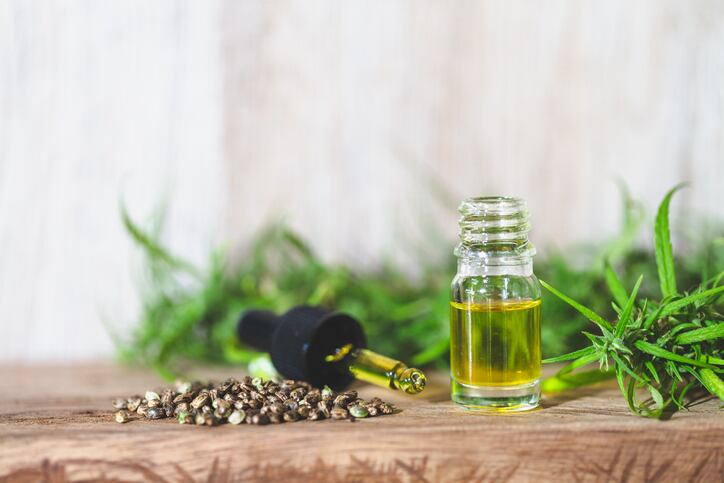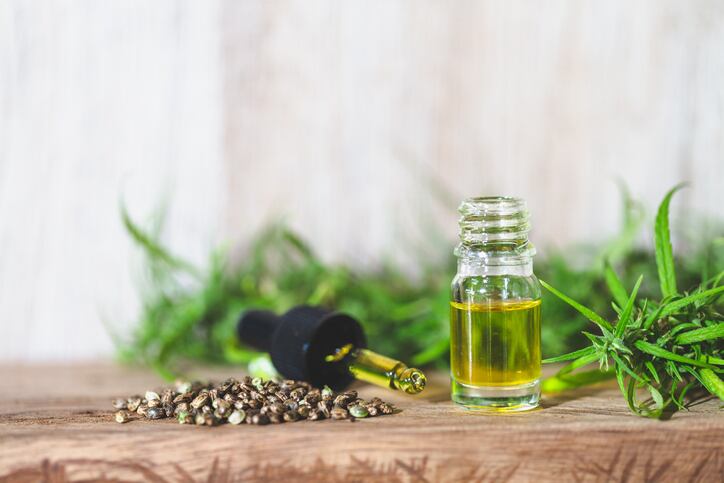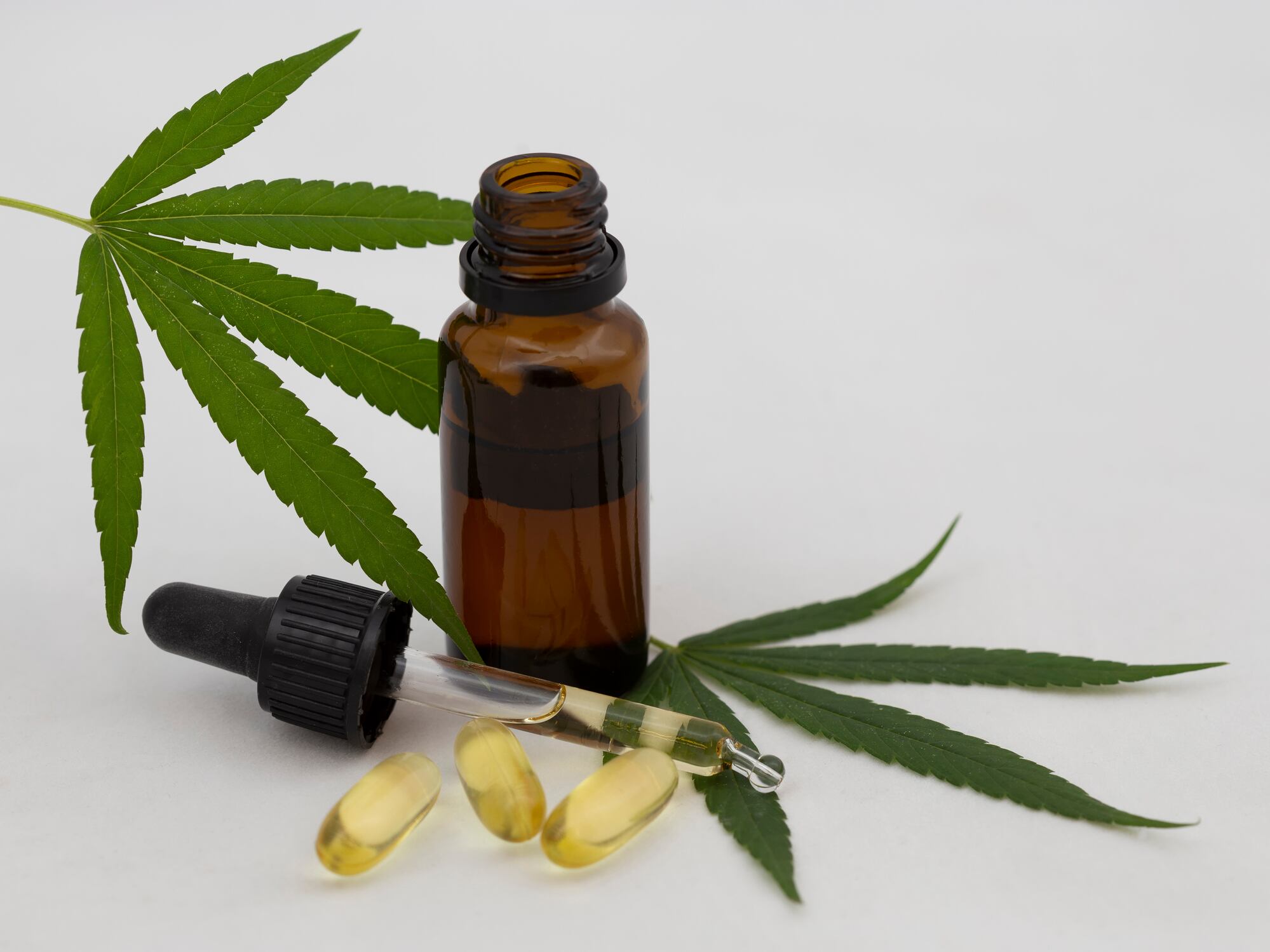In the review of 76 articles from 2019 and 2020, more than 70% of cannabidiol (CBD) research on anxiety and stress showed positive outcomes.
“The treatments for anxiety and stress with CBD were most evident in this present review. Studies in both humans (22.2%) and animals (15.6%) accounted for 37.8% of the total studies observed in in vivo evaluations,” wrote the scientists from US-based Nutrition Formulators in the Innovare Journal of Medical Sciences.
With regard to the effectiveness of CBD in treating these conditions, they said: “The results of the significance values found in this study demonstrated a good acceptance in the treatment with CBD regarding anxiety and stress.”
CBD’s relationship with metabolic processes was the second most studied health area in the review, accounting for 11% of the research. This research focused on CBD’s role as inflammatory markers and the activator of specific nuclear receptors and protein modulations in metabolic processes.
There is a correlation between the metabolic and the behavioural elements of CBD’s mechanisms of action, according to the researchers.
“Thus the evidence from the studies found in this present work support CBD as a promising alternative regarding the treatment of anxiety, stress, depression and diseases linked to behavioural disorders,” they noted.
Promising results for depression
Fewer studies investigated CBD’s impact on depression and cognition during the two-year period.
However, based on the available data, the analysis showed promising results for the use of
CBD as an alternative treatment for depression. Two of the three studies (66.6%) demonstrated a positive improvement.
“With 66.6% positive results, depression can also be treated with CBD as an alternative therapy option,” wrote the authors.
Less promising results were reported for cognition – only one of the three (33.3%) cognition related articles included in the review linked the use of CBD with a positive outcome.
The review analysed journal published articles on the CBD index in PubMed/Medline, focusing on CBD’s relationship with metabolic activity, anxiety, depression and dementia. The data was collected for a two-year period between 2019 and 2020. Both human and animal studies were included in the review.
Providing answers
Nutrition Formulators said its aim, in undertaking the review, was to provide a tool for CBD business owners to educate their customers, by answering questions such as how effective is CBD, how much should I take and what conditions will it help?
“So many of our CBD business clients are looking for research-based information to educate their customers, this report is a step in that direction,” said Adolfo Graubard, chief executive officer at Nutrition Formulators, a US contract manufacturer of nutraceuticals.
As to the question of how much CBD should be taken, the review found that daily dosages in the studies varied widely from 50 to 600mg daily. The researchers also noted that more research is needed on CBD’s side-effect impact on liver function as well as how CBD interacts in the body. In addition, they highlighted the need for larger population trials that would achieve a statistically significant measure.
“Although the studies in this review have shown promising results regarding CBD’s use in the behavioural part, more studies are needed to adjust doses, treatment time and side effects, especially with long-term use,” wrote the authors.
The company is currently working on additional CBD studies focusing on neuroinflammation and autism in partnership with several research institutions.
Source: Innovare Journal of Medical Sciences
“The role of cannabidiol in the inflammatory process and its properties as an alternative therapy - a review (meta-analysis)”
Authors: Ferro M ,Escalante P, Graubard A




